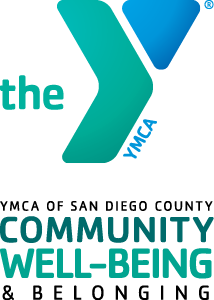KNOWLEDGE OF PARENTING & CHILD DEVELOPMENT: Understanding child development and parenting strategies that support physical, cognitive, language, social and emotional development; building confidence in “knowing what my child needs as they grow and develop”.

Relationships with others are at the center of young children’s lives. Caring relationships with close family members provide the base for young children to engage with others, to explore with confidence, to seek support when needed, and to view interactions with others as likely to be positive and interesting (California Preschool Curriculum Framework, 2010, Vol. 1, p.6).
You are the expert when it comes to your child, and setting fair behavior expectations that match your child’s developmental stage is important. It builds compassion and creativity when it comes to kid (and adult) behaviors, and knowing what to expect as your kids grow can increase your confidence and make your job as a parent easier. Continuous learning on parenting and child development is important, especially during hard times like this.
Here are a few strategies you can implement today:

Routines:
It is importance to provide as much structure, predictability and normalcy into your child’s day as possible. When a schedule is consistent, children learn the pattern and know what to expect.
- Keep mealtimes, exercise routines, play, and bath times as predictable as possible. It gives a much-needed sense of safety and security.
- Ensure that they get the proper amount of sleep for their age. It will help children to stay emotionally regulated.
- Use this opportunity to get outside with your children—where the air is fresh and germs are fewer. Movement is one of the best ways to relax.
- Here is an example of a visual schedule you can use.
Play & Learning:
Play is a child’s work. Playing is learning, children learn and develop through play.
Here are 10 things every caregiver should know about play:
- Children learn through their play
- Play is healthy
- Play reduces stress
- Play is more than meets the eye
- Make time for play
- Play and learning go hand-in-hand
- Play outside
- There is a lot to learn about play
- Trust your own playful instincts
- Play is a child’s context for learning.
ADDITIONAL RESOURCES AND STRATEGIES FOR PARENTING AND CHILD DEVELOPMENT
(Download the PDF in order to activate the links within the document.)
For information on protective factors and the Strengthening Families™ approach, email [email protected] or call 1-800-481-2151.
OTHER PROTECTIVE FACTORS
Take a look at the Key Protective Factors at a glance HERE.


